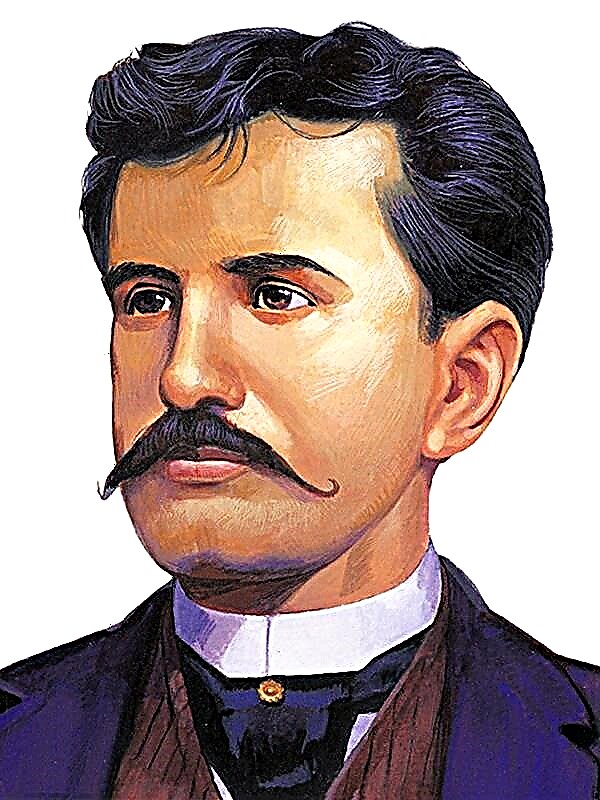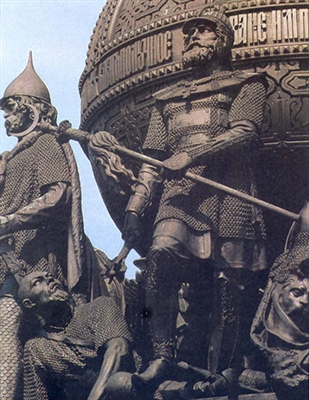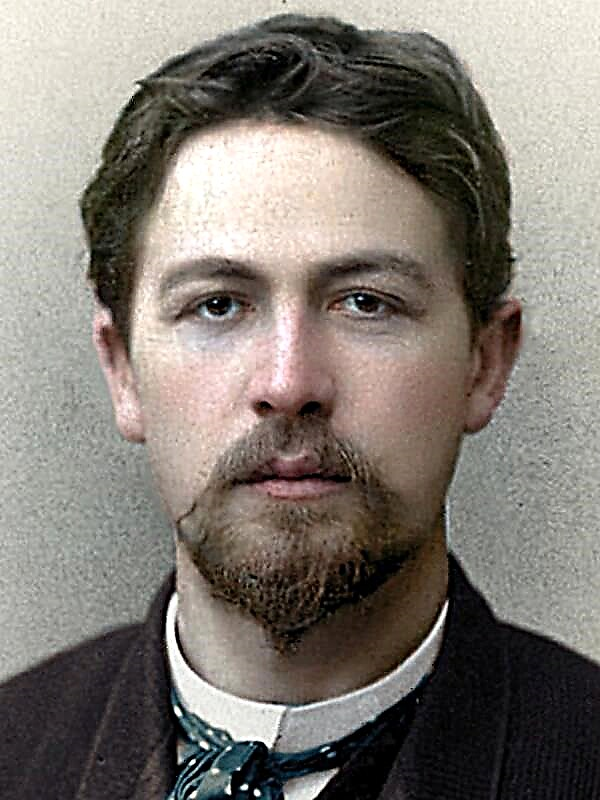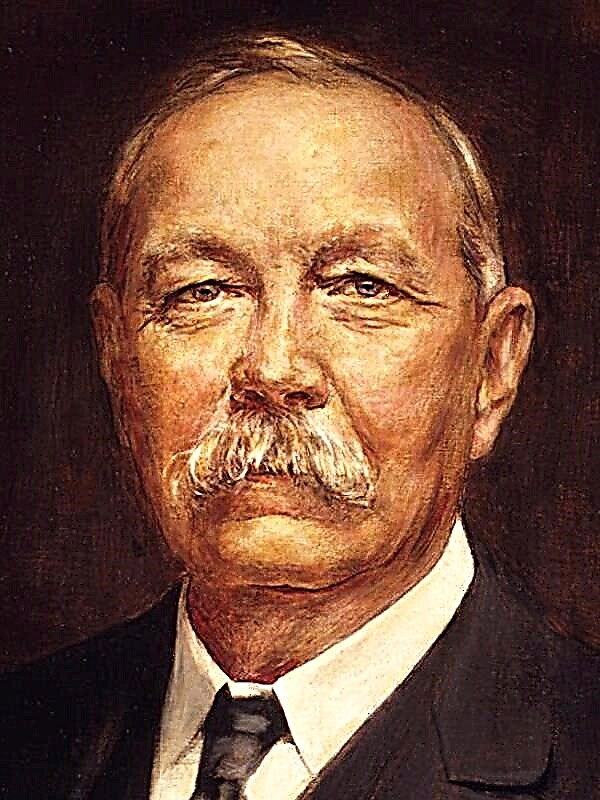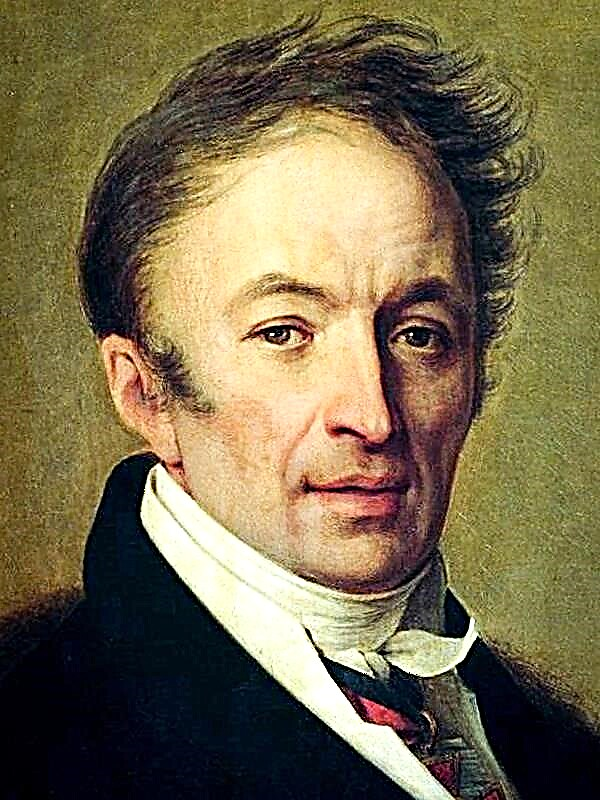Mtsyri - the main character of the poem M.Yu. His story is tragic - he is a prisoner of the Russian general, who, during the hostilities, abducted him from his native places, probably some lost Georgian village far in the mountains. Even at such a young age, he deeply experiences grief from the loss of his parents and his home. He is burdened by the current position of the prisoner and the boy refuses to eat, he becomes seriously ill: “he rejected food and was quietly, proudly dying.” The general understands that he cannot break the spirit of this child, and he leaves him on the way to one of the monasteries, where one monk takes him out of pity for his upbringing.
In the monastery, the boy recovers and grows up into a beautiful young man with a proud and independent character, prone to solitude and silence. The author says that often he could be found on a walk in the garden, where he "wandered silent, alone," "languishing with an obscure longing for his own side." Here we understand that Mtsyri has not forgotten his past, and he is drawn to return to his native land, even despite the fact that he is told the fate of a monk in this monastery. His name - Mtsyri - literally means “non-serving monk, novice” in Georgian.
And now, on the eve of the sacrament, tonsure of a monk, a young man suddenly disappears from the monastery. He obeyed his call, which inexorably calls him to taste the sweet taste of freedom. The whole quiet and calm way of the monastery contradicts its true nature. He hears himself and goes towards his desires. He lived in a monastery for a long time and gained strength for this jump, for this flight into the unknown to his true thoughts and aspirations into "a wonderful world of anxieties and battles, where rocks hide in clouds, where people are free, like eagles." He does not know anything about the world that beckons him, but he is brave and courageous enough to try to penetrate into it and become a part of it. He runs away to find the new, real life that he had dreamed of for so long. The young man seems to come to life after the escape, becomes a real person, and not a slave or captive, whom he felt in the monastery.
It is very characteristic that during the escape Mtsyri a terrible storm rages. And he is glad of the weather, he feels the boiling power of the elements around him and compares himself with it, sees his revived natural force. He feels free, strong and courageous, like a wild beast that has escaped from the cage. Expressing his feelings, the young man exclaims: “Oh, as a brother, I would be happy to hug a storm!”
Then he goes to the thicket, where he meets a wild leopard - a beast to match himself, and then fights with him. Here the author also, as in the case of a thunderstorm, points to the freedom-loving nature of Mtsyri, his manliness and courage. Further, we see how the young man enjoys his freedom, how the beauty of nature, the majesty of the mountains on the horizon and the purity of the mountain stream in the rocks are revealed to him in a new way. Mtsyri feels a newfound connection with the world, with nature, with the earth and his ancestors. He is pleased with the new freedom in which he can choose his own destiny and act.
Life for him lies in the possibility of choice, in the realization of his desires, in the sense of his strength and freedom. Mtsyri feels reborn and new, as if he woke up after many years of sleep and again opened his eyes to the light. He looks deep into himself and asks about his dreams, he is building a new world for a new self. The young man goes his long and thorny path within himself in order to understand his true desires and decide on a desperate step of escape. It was not easy for him to go this way, but it was a necessary measure for the formation of any personality. Any of us should go the same difficult way, if only to understand our true self. To find what makes the soul blossom, the heart beats like a wild beast, and its eyes burn with happiness.



